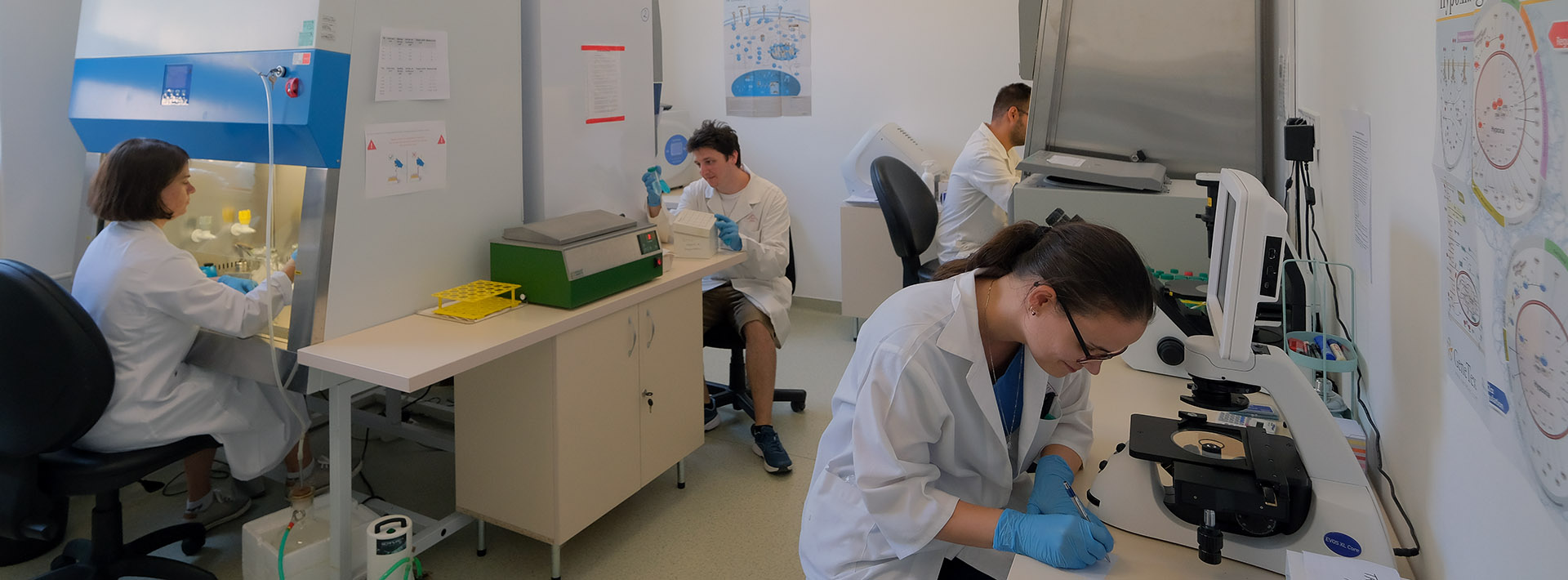Data
Official data in SubjectManager for the following academic year: 2024-2025
Course director
-
Jakus Péter Balázs
assistant professor,
Department of Biochemistry and Medical Chemistry -
Number of hours/semester
lectures: 24 hours
practices: 0 hours
seminars: 0 hours
total of: 24 hours
Subject data
- Code of subject: OSF-BK5-T
- 2 kredit
- Dentistry
- Optional modul
- autumn
OSA-BEF-T finished , OSA-BKZ-T parallel
Course headcount limitations
min. 5 – max. 40
Topic
The course is primarily designed to provide a comprehensive overview of general, inorganic, organic and biochemical knowledge for dental students starting in 2016. The course aims to shed light on the interrelationships between the subjects 'Chemistry for Dental Students', 'Introduction to Biochemistry for Dental Students' and 'Biochemistry for Dental Students'. The course aims to provide an opportunity for problem-based learning and exploration of interrelationships, not only for dental students. The course also covers the interrelationships between the integrated regulation of metabolism.
Lectures
- 1. From Le'Chatelier to homeostasis. Osmolarity, pH in biochemistry. - Jakus Péter Balázs
- 2. From electron configuration to acidic strength; Buffer systems; From galvanic to mitochondria. Chemical properties of biomolecules. - Jakus Péter Balázs
- 3. From order to disorder. Why can life exist in the universe? Illustrative thermodynamics. - Jakus Péter Balázs
- 4. From reaction rate to enzyme activity. From enzyme inhibition to medication therapy. - Jakus Péter Balázs
- 5. Bioactive compounds. Relationship between structure and effect. - Jakus Péter Balázs
- 6. Organic Chemistry, reactions: From the test tube to the cell to the dentures. - Jakus Péter Balázs
- 7. From glyceraldehyde to carbohydrate degradation. - Jakus Péter Balázs
- 8. Store. Glycogen metabolism, glycogen metabolism regulation. Lipid storage, protein synthesis. - Jakus Péter Balázs
- 9. Glucose in the cytoplasm maze. Aspects of regulating carbohydrate metabolism. - Jakus Péter Balázs
- 10.
Control of the citrate circle.All roads lead to Rome?.
- Jakus Péter Balázs - 11. Lipid degradation B oxidation. Misconceptions about muscle fever. - Jakus Péter Balázs
- 12. From carbohydrates to fatty acids to obesity and arteriosclerosis. - Jakus Péter Balázs
- 13. Carbohydrates: From glyceraldehyde to carbohydrate degradation. Aspects of regulating carbohydrate metabolism. - Jakus Péter Balázs
- 14. Aspects of fat metabolism regulation. - Jakus Péter Balázs
- 15. Respiratory chain and associated reactions. Mitochondrial transport processes and ATP synthesis. - Jakus Péter Balázs
- 16. Biochemical Mathematics: How Many ATPs Are Created When Degrading Some Molecules? - Jakus Péter Balázs
- 17. Proteins: From glycine through protein function to urea. Importance of nucleic acid metabolism. - Jakus Péter Balázs
- 18. Importance of nucleic acid metabolism. Metabolic Diseases. - Jakus Péter Balázs
- 19. Towards future biochemistry: new RNA and DNA mechanisms, their regulation. - Jakus Péter Balázs
- 20. PCR, Cloning, CRISPR. - Jakus Péter Balázs
- 21.
Signaling pathways. Inflammation, Hypoxy.
- Jakus Péter Balázs - 22. Through hormones to gene expression. - Jakus Péter Balázs
- 23.
Oral presentations.
- Jakus Péter Balázs - 24.
Oral presentations.
- Jakus Péter Balázs
Practices
Seminars
Reading material
Obligatory literature
Nelson, Cox: Lehninger Principles of Biochemistry, 6th edition, W.H. Freeman, 2013
Literature developed by the Department
Active participation in lectures, presentation on a specific topic.
Notes
Nagy V.: Experiments is Med. Chem. lab manual, 2017
Nagy V.: Introduction to Biochemistry. lab manual, 2017
Recommended literature
Hein, Pattison: Introduction to General, Organic and Biochemistry. Wiley, 2015
Berg, Tymoczko, Stryer: Biochemistry, 7th edition, W.H. Freeman, 2012.
Devlin: Textbook of Biochemistry with Clinical Correlations 7th edition, Wiley, 2010.
Conditions for acceptance of the semester
none
Mid-term exams
Active participation in lectures, presentation on a specific topic.
Making up for missed classes
None
Exam topics/questions
http://aok.pte.hu/en/egyseg/index/2024
